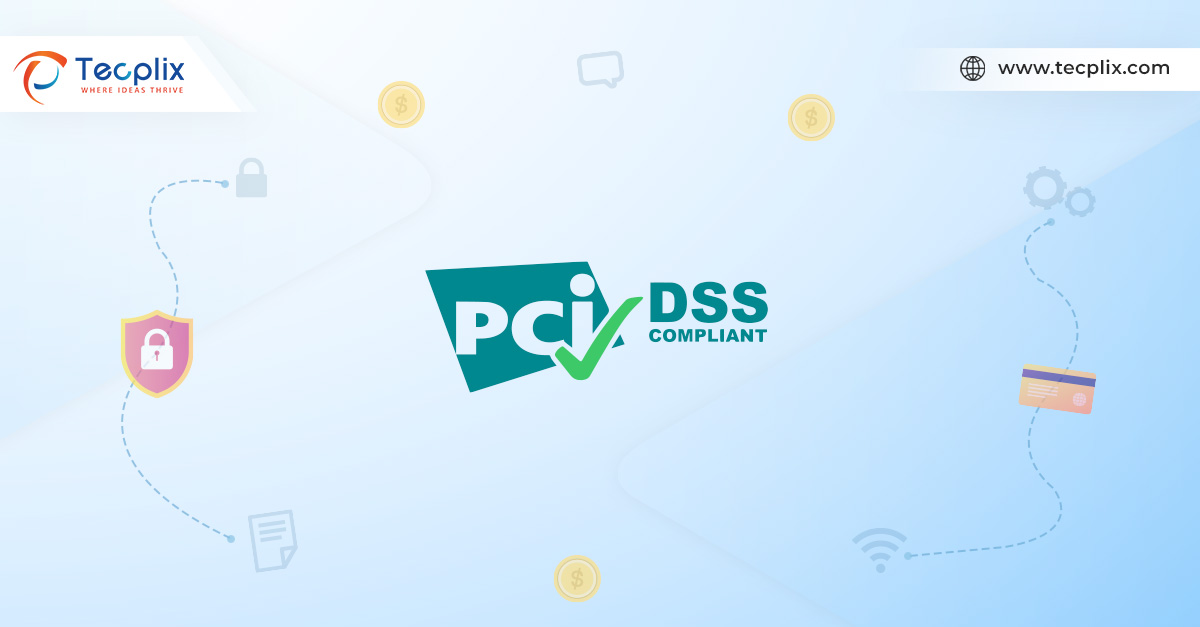The digital transformation has revolutionized the payment card industry, streamlining transactions and emphasizing convenience. However, this progress also poses challenges, particularly in safeguarding sensitive financial data from cyber threats. For service providers handling payment card information, achieving and maintaining compliance with the Payment Card Industry Data Security Standard (PCI DSS) is not simply a regulatory requirement; it is a fundamental element of operational integrity and customer trust.
Building Trust and Security with PCI DSS Compliance
In today’s environment, where security breaches frequently make headlines, PCI DSS compliance serves as a powerful differentiator. Compliance with PCI DSS demonstrates a service provider’s commitment to data security. By displaying a proactive approach to data protection, service providers foster trust with both existing and potential customers.
What is PCI DSS?
The PCI DSS framework outlines a comprehensive set of security controls designed to bolster defenses against constantly evolving cyber threats. Implementing firewalls, robust password policies, and multi-factor authentication are just a few of the measures that significantly decrease the risk of a costly and damaging data breach. Additionally, PCI DSS mandates regular network monitoring and penetration testing to proactively identify vulnerabilities before they can be exploited.
The Benefits of PCI DSS Compliance for Service Providers
Investing in PCI DSS compliance offers service providers numerous advantages:
- Enhanced Customer Trust: Demonstrating a commitment to data security fosters trust with customers, leading to increased brand loyalty and a competitive edge in a crowded marketplace.
- Reduced Risk of Breaches: The comprehensive security framework outlined by PCI DSS significantly reduces the risk of data breaches, protecting your business from financial repercussions and reputational damage.
- Streamlined Compliance: Implementing robust security measures for PCI DSS compliance often serves as a strong foundation for complying with other data security regulations, saving time and resources.
The Consequences of Non-Compliance
Failure to achieve PCI DSS compliance can have severe consequences for service providers:
- Financial Penalties: Credit card companies can impose hefty fines on non-compliant service providers, impacting your bottom line.
- Reputational Damage: A data breach resulting from non-compliance can significantly tarnish your reputation, leading to lost business and a decline in customer trust. Rebuilding that trust can be a lengthy and challenging process.
- Legal Repercussions: In the event of a breach, affected customers may take legal action against your service provider, further resulting in financial losses and reputational damage.
Path to PCI DSS Compliance
Achieving PCI DSS compliance is a methodical process:
- Self-Assessment: Assess your current security posture by conducting a self-assessment to pinpoint areas for improvement.
- Engage a Qualified Security Assessor (QSA): Partner with a QSA for a comprehensive analysis and guidance on achieving compliance.
- Implement Controls: Based on your assessment results, implement the necessary security controls to bolster your defenses.
PCI DSS Compliance: A Secure Future
Prioritizing data security is paramount for cultivating customer trust, gaining a competitive advantage, and shielding your business from financial and reputational threats. Upholding PCI DSS compliance is a strategic necessity that positions you ahead of competitors, attracting valuable clientele and fortifying your business foundation.


